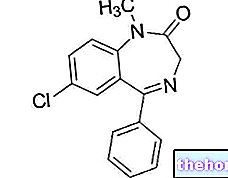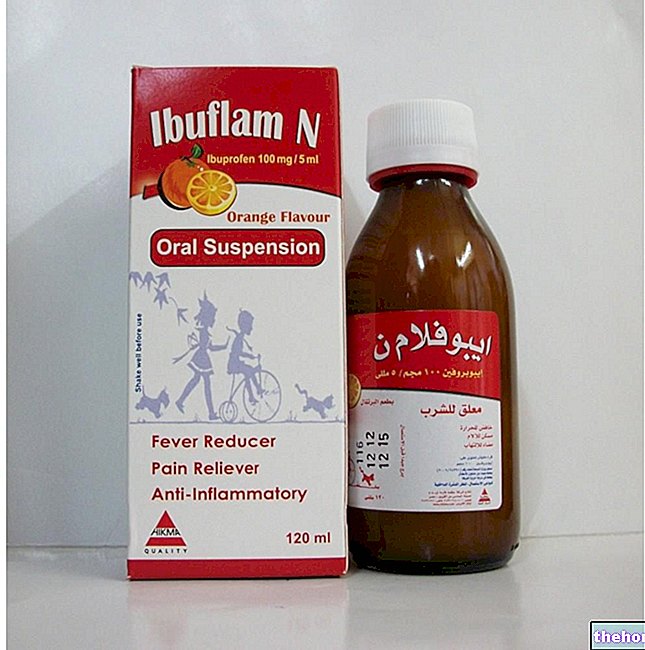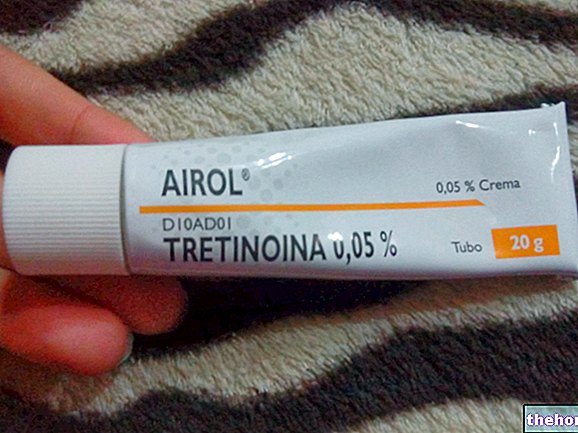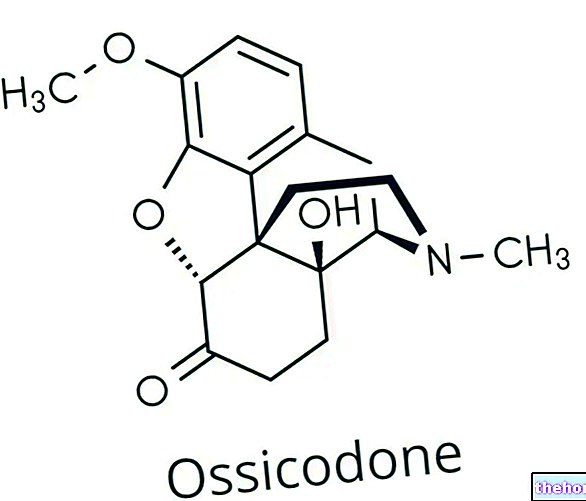Definition
By "breast cancer" we mean a malignant neoplasm that originates in the tissues of the breast: it is estimated that one in eight to ten women is affected by this form of cancer. There are two main forms:
- Lobular carcinoma: originates in the upper part of the breast (in the lobules, from which milk is produced)
- Ductal carcinoma: originates in the ducts that move milk to the nipple. It represents the most frequent form.
Causes
As for most cancers, even for breast cancer there are no certain, scientifically proven causes; rather, some risk factors have been identified, including: alcohol intake, advanced age (> 50 years), diet rich in animal proteins, smoking, premature menarche, late menopause, obesity, genetic predisposition.
Symptoms
The signs that herald breast cancer are numerous and rather simple to identify: the fibrous and hard lump in the breast and the return of the nipple are two lights that should immediately alarm the woman. In addition to these, in case of cancer, the breast is painful and swollen, the skin that covers it takes on the appearance of an orange peel and serous substances and blood are secreted from the nipple.
Breast Cancer Information - Breast Cancer Treatment Drugs is not intended to replace the direct relationship between healthcare professional and patient. Always consult your doctor and / or specialist before taking Breast Cancer - Breast Cancer Treatment Medications.
Medicines
As with all other forms of cancer, prognosis is strongly influenced by the stage of advancement at which the cancer is diagnosed; Put simply, the later cancer is diagnosed, the more likely it is that the patient will not get over the disease.
This is why, from the very first symptoms, it is necessary to consult a doctor immediately.
Breast cancer treatment includes:
- Radiation therapy: to destroy cancerous tissue
- Surgery: for the removal of neoplastic tissue (partial or total removal of the breast)
- Chemotherapy: taking chemotherapy drugs, aimed at the destruction of malignant cells. Generally, chemotherapy treatment follows surgery: the drug is administered intravenously or orally, or both. The drugs most used in therapy for the treatment of breast cancer are cytotoxics and hormonal antagonists.
The following are the classes of anticancer drugs most used in breast cancer therapy, and some examples of pharmacological specialties; it is up to the doctor to choose the most suitable active ingredient and dosage for the patient, based on the severity of the disease, the state of health of the patient and his response to treatment:
- Tamoxifen (eg. Nolvadex, Tamoxifene AUR, Nomafen): the use of this drug (class: anti-estrogens), widely used in breast cancer therapy, is useful for reducing the development of tumor mass; its therapeutic action by blocking the effects of estrogen, ideally implicated in the survival and growth of cancer cells. It has been observed that a good percentage of estrogen-sensitive women benefit from therapy with this drug. The recommended dose for the treatment of advanced breast cancer (metastasis) is 20 mg orally in a single dose, or 40 mg orally in two divided doses. The duration of therapy should be determined by the doctor. For ductal carcinoma in situ, take 20 mg orally per day for 5 years. breast cancer prevention, take 20 mg of the drug orally, once a day, for 5 years.
- Fluoxymesterone (eg Halotestin): belongs to the class of anabolic steroids and is also used in therapy for the treatment of breast cancer. Take 10-40 mg of the drug orally, divided into 3-4 doses. The duration of therapy varies from 1 to 3 months. Taking this drug can lead to anorexia, acne and changes in the menstrual cycle.
- Exemestane (eg. Aromasin): the drug belongs to the class of aromatase inhibitors; it is indicated to treat breast cancer in postmenopausal women. The recommended dose is 25 mg orally once a day. Precisely, for women. Postmenopausal women with early breast cancer, already treated with tamoxifen, it is recommended to continue therapy with Exemestane for up to 5 years, in combination with hormonal therapy.
- Anastrozole (Arimidex): another aromatase inhibitor, particularly effective in the treatment of breast cancer in postmenopausal women, since after this age estrogens are mainly synthesized by aromatase (in childbearing age, however, the ovarian secretion, which occurs under stimulation of the luteinizing hormone LH) For the posology: consult your doctor.
- Trastuzumab (eg Hercepitin): the drug is used both alone and in combination with other drugs (eg paclitaxel). Begin dosing with 4 mg / kg by 90-minute i.v. infusion. Continue therapy with 2 mg / kg by 30-minute intravenous infusion every week until the tumor has completely regressed.
- Lapatinib (eg Tyverb) the initial dose is 1250 mg (5 tablets) to be taken orally once a day, for a period ranging from 1 to 21 days, in combination with capecitabine (eg xeloda). The treatment must be continued until the regression of the neoplasm.
- Bevacizumab (eg Avastin): the recommended dose for the treatment of breast cancer is 10 mg / kg intravenously every 2 weeks; typically, the drug is combined with paclitaxel (eg Abraxane, Paxene).
- Cyclophosphamide (eg Endoxan Baxter) alkylating agents: as monotherapy for the treatment of breast cancer, take 40-50 mg / kg divided into several doses over 2-5 days. Alternatively, take 10-15 mg / kg every 7-10 days or 5 mg / kg twice a week. For the maintenance dose, it is recommended to take the drug orally at a dosage of 1-8 mg / kg per day.
- Letrozole (eg. Letrozole ACC, Femara): belonging to the class of aromatase inhibitors, this drug is indicated for the treatment of breast cancer in postmenopausal women; generally, it is used following a hormonal therapy that did not report a sufficient positive response. Take 2.5 mg of the drug orally, once a day, with or without food. Letrozole therapy should be continued until complete remission of breast cancer.
Other articles on "Breast Cancer - Breast Cancer Treatments"
- Breast cancer and pregnancy
- Breast cancer
- Ductal carcinoma in situ - lobular carcinoma in situ
- Risk factors for breast cancer
- Breast cancer: symptoms and surgical therapy
- Breast cancer: radiotherapy, chemotherapy and hormone therapy




























